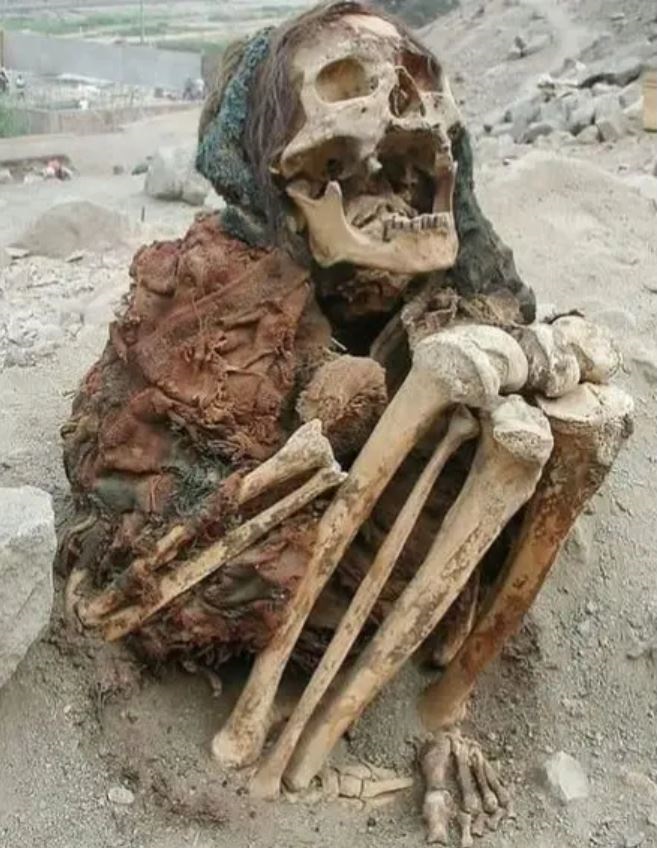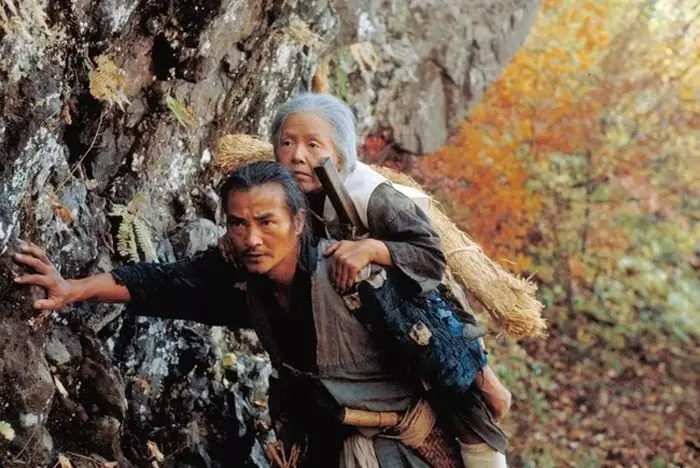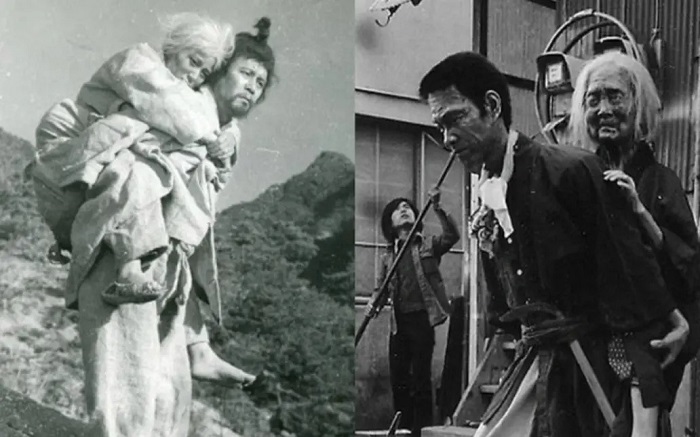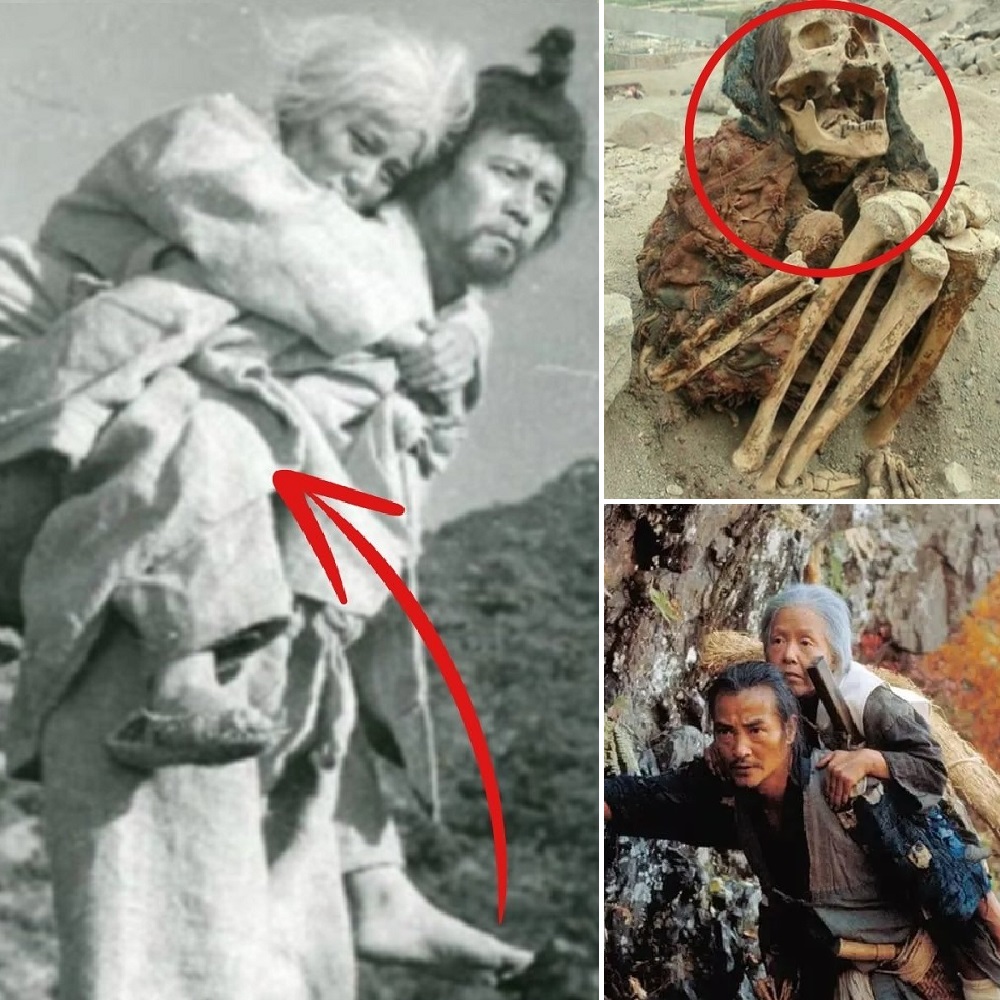The recent revelation of the ancient custom known as Ubasute has sent shockwaves through communities worldwide, shedding light on a practice that is as unsettling as it is haunting. Ubasute, which translates to “abandoning an old woman,” is a tradition that dates back centuries in Japan and involves leaving elderly or infirm family members to perish alone in remote or desolate locations.
The exposure of this ancient custom by experts has sparked widespread horror and disbelief, prompting a reevaluation of cultural practices and ethical norms. The notion of abandoning vulnerable individuals, particularly mothers, to face death alone is deeply unsettling and challenges fundamental principles of compassion and familial duty.

Historically, Ubasute was purportedly practiced during times of extreme hardship or famine, when families were unable to provide for all members and were forced to make difficult choices to ensure survival. Elderly relatives, perceived as burdensome or expendable, were often the first to be sacrificed in order to conserve resources for the younger and more able-bodied members of the community.
While Ubasute is believed to have been relatively rare and was likely not widespread, its existence speaks to the harsh realities of life in ancient Japan and the lengths to which people were willing to go in order to survive. The practice has been immortalized in folklore and literature, serving as a cautionary tale of the consequences of societal neglect and the erosion of familial bonds.

The exposure of Ubasute in modern times has prompted soul-searching and introspection among scholars, policymakers, and ordinary citizens alike. Many are grappling with difficult questions about the treatment of the elderly and vulnerable in contemporary society and the moral imperative to ensure their dignity and well-being.
In Japan, efforts are underway to confront the legacy of Ubasute and to ensure that similar practices are never repeated. Organizations dedicated to elder care and advocacy are working to raise awareness of the challenges facing older adults and to promote policies and programs that support their autonomy and dignity.

The revelation of Ubasute serves as a sobering reminder of the importance of preserving human dignity and compassion, even in the face of adversity. It is a testament to the enduring power of cultural practices and the need for constant vigilance in safeguarding the rights and welfare of all members of society, regardless of age or status.
As the world grapples with the implications of this shocking revelation, one thing is clear: the story of Ubasute serves as a stark warning against the dangers of complacency and indifference, and a reminder of the enduring need for empathy, solidarity, and human decency in all aspects of life.

